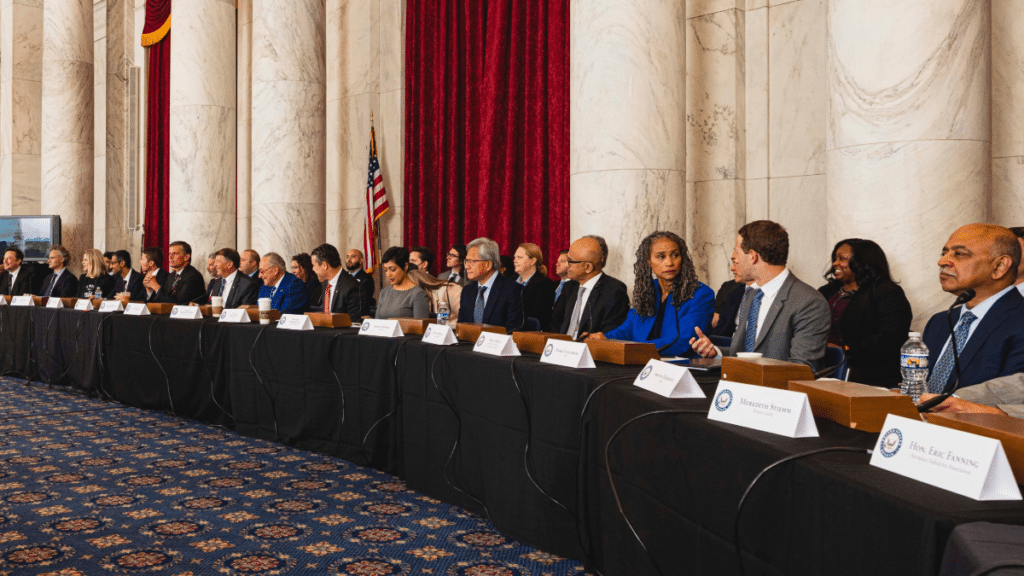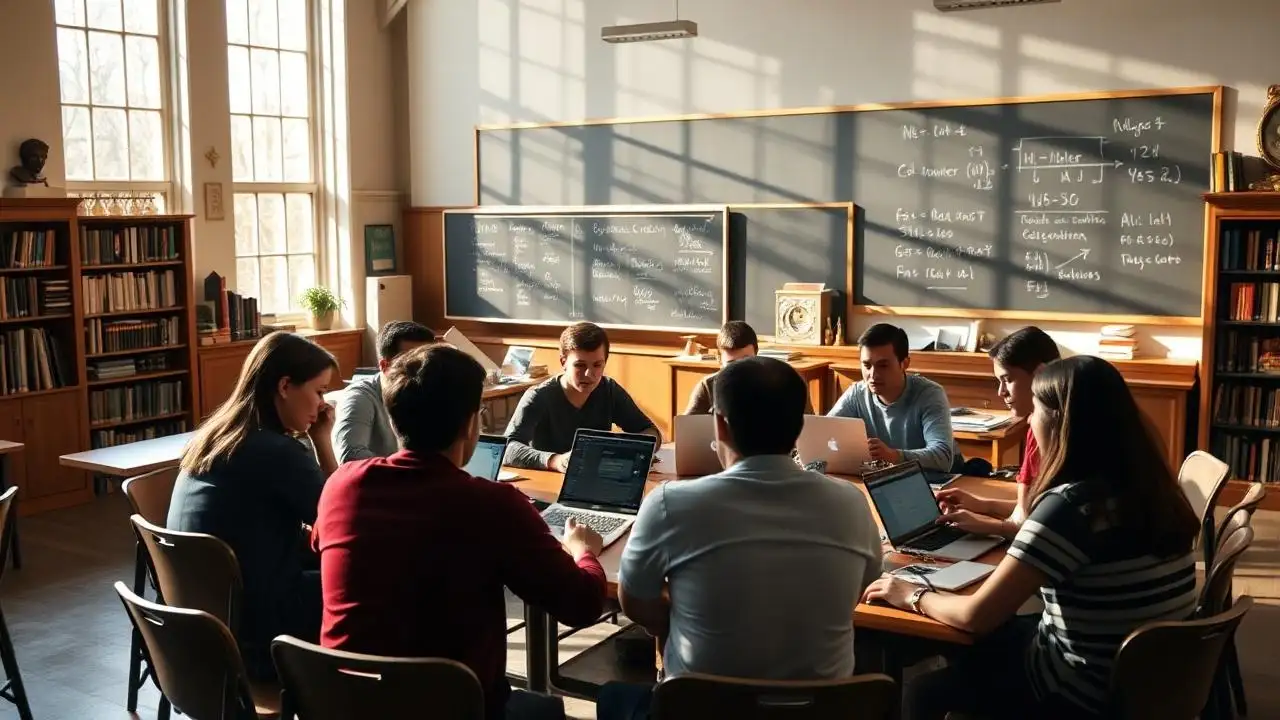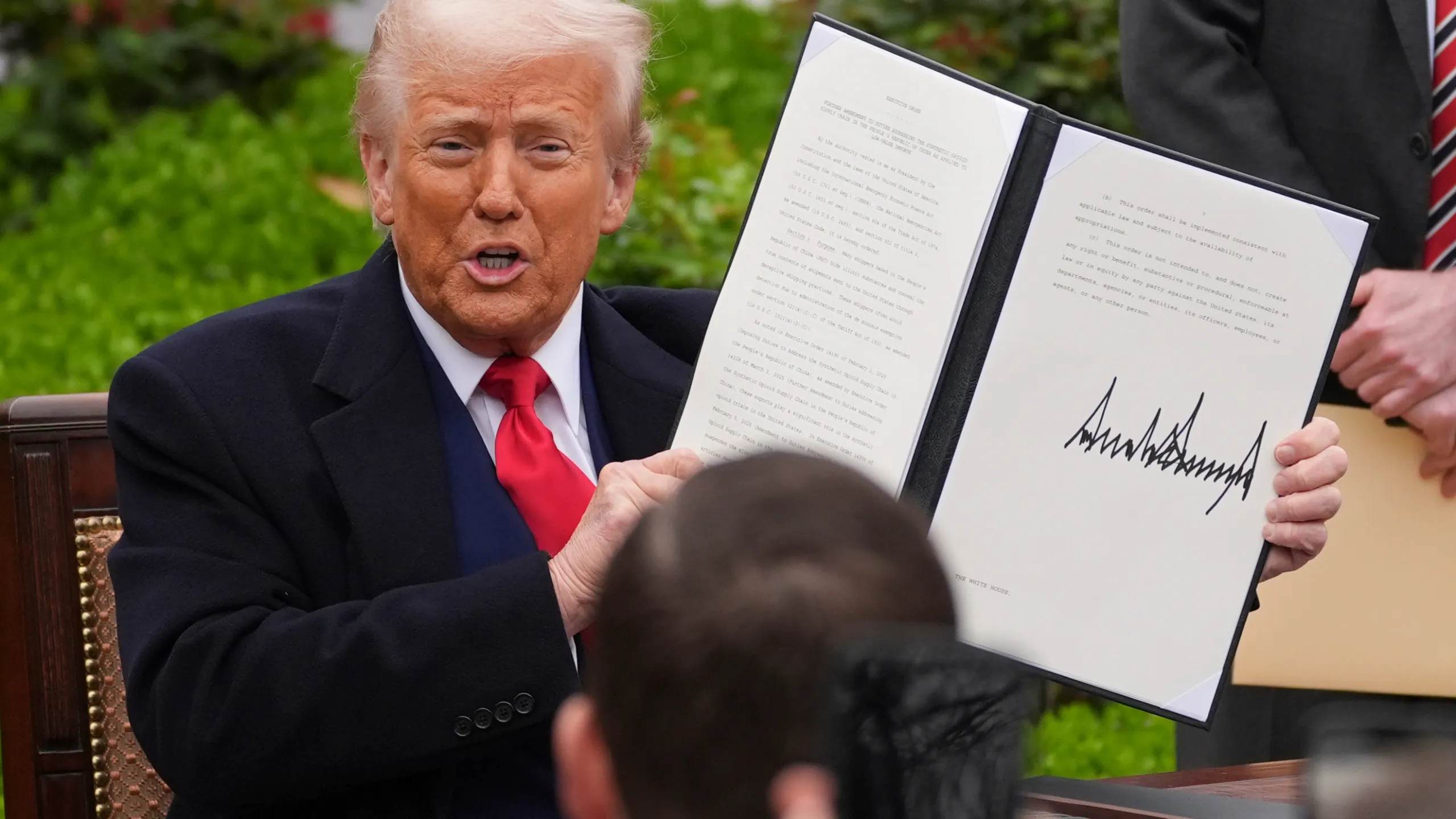
The recent gathering hosted by the American Legislative Exchange Council (ALEC) marked a significant event in the landscape of American education policy. As a powerful bipartisan organization that connects state legislators and private sector stakeholders, ALEC serves as a platform for discussing pressing issues, shaping legislation, and influencing the future trajectory of the education system across the United States. The highlight of this event was the engaging session with the U.S. Secretary of Education, where key insights, policy debates, and strategic visions for the future of American education were brought into focus.
Understanding the Context of the Meeting
The Role of ALEC in Shaping Education Policies
The American Legislative Exchange Council has long been a pivotal player in the development of policy proposals at the state level. Its initiatives often reflect a blend of conservative and libertarian principles, emphasizing school choice, local control, and accountability. The hosting of the Education Secretary demonstrates a commitment to bridging federal education strategies with state-level legislation, fostering collaboration across different governance levels.
The Significance of the Engagement with the Education Secretary
This meeting signals an important step towards fostering dialogue between federal policymakers and state legislators. It provides a platform for exchanging ideas, addressing concerns, and advocating for policies that align with ALEC’s core philosophies. Such interactions are crucial in shaping comprehensive education reforms, especially amidst ongoing debates about standardized testing, funding mechanisms, and curriculum standards.
Key Takeaways from the Meeting
Focus on Educational Flexibility and Innovation
One of the central themes discussed was the importance of increasing flexibility in education delivery. The Education Secretary emphasized the need to modernize traditional education models and adopt innovative approaches that cater to diverse student needs. Topics such as digital learning, virtual classrooms, and competency-based education were highlighted as pivotal factors in enhancing student engagement and learning outcomes.
Promoting School Choice and Competition
- School vouchers and public charter schools received significant attention, with advocates arguing that these initiatives foster healthy competition, improving overall quality.
- The Secretary acknowledged the role of private and independent institutions in providing alternative pathways for students, especially those from underserved communities.
Accountability and Standards
While promoting flexibility, there was an ongoing discussion about maintaining high standards and ensuring accountability. Both parties acknowledged that innovative methods should not compromise educational quality. Measures such as data-driven assessments and performance metrics were proposed to balance flexibility with oversight.
Policy Perspectives and Future Collaborations
Bridging Federal and State Efforts
The meeting displayed a shared desire to strengthen cooperation between federal agencies and state governments. The Secretary expressed willingness to support state-led initiatives that align with national education goals. Conversely, ALEC members reinforced their commitment to crafting legislation that advances local control, parental involvement, and innovation-driven reforms.
Addressing Challenges in Education
- Ongoing issues such as educational inequity, teacher shortages, and funding disparities were acknowledged as critical areas requiring targeted interventions.
- The discussion also touched upon mental health support for students, recognizing its increasing importance amidst contemporary challenges.
Public Reception and Media Coverage
The event captured significant media attention, as evidenced by coverage from outlets like KTEN, which provided insightful footage of the discussion. Public reactions varied, with some viewing the alliance of federal and state officials as a step toward positive reform, while critics expressed concerns about the potential implications for public education funding and equity.
Why This Matters
The collaborative dialogue between ALEC and the Education Secretary underscores a broader trend of policy convergence and bipartisanship efforts in education. Such engagements can influence legislative priorities, shape funding allocations, and ultimately impact millions of students nationwide.
Conclusion: A Turning Point in Education Policy Development
The ALEC-hosted meeting with the Education Secretary offers valuable insights into the evolving landscape of American education reform. It highlights the ongoing balancing act between innovation, accountability, and equity, with stakeholders working towards a system that prepares students for the demands of the modern world. As conversations continue, it remains crucial for all parties involved to prioritize transparency, inclusivity, and evidence-based policymaking.
For more updated news please keep visiting Prime News World.








